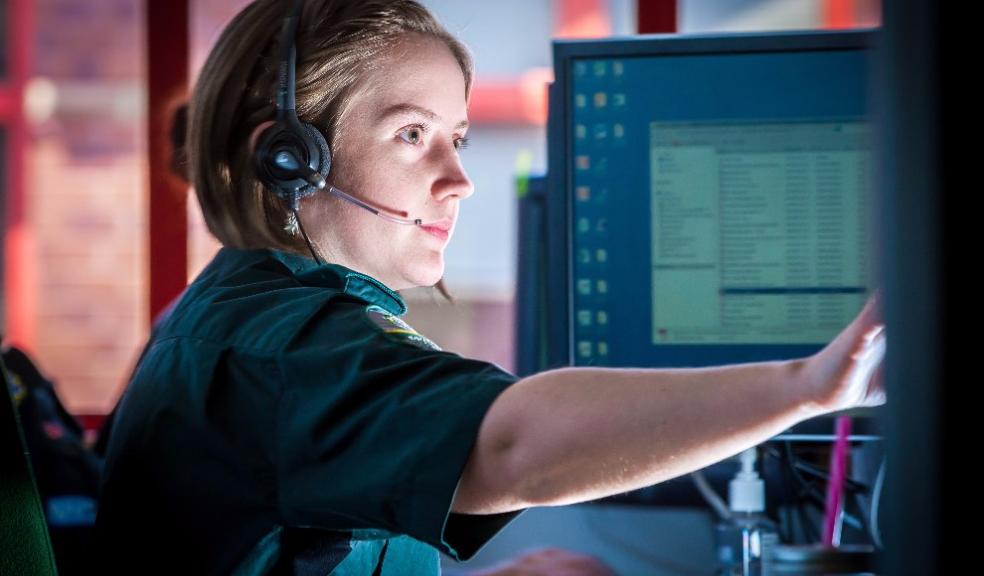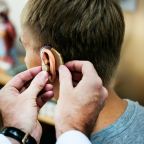
When to call 999 this Christmas
South Western Ambulance Service NHS Foundation Trust (SWASFT) is urging people only to call 999 this Christmas if someone is seriously ill or injured, or their life is at risk.
Demand for the ambulance service is likely to peak over the next two weeks when staff are expecting to respond to more than 3,000 calls a day.
Paramedics and Control Room staff warn that unnecessary calls over the festive period could delay responses to those patients most in need of emergency help.
The Trust has launched its ‘12 Days of Christmas’ campaign, encouraging people to use the ambulance service wisely, and to make appropriate use of other healthcare providers.
SWASFT has also released a montage of inappropriate calls to show examples of people calling 999 for the wrong reasons.
They include a call from someone who wanted the phone number for a local pharmacy, and a call from someone blocked in by an ambulance attending an emergency incident.
Steve Boucher, SWASFT County Commander for Somerset, said: “All our staff in the Control Room and out on the road work extremely hard throughout the busy winter season to deliver the right care for our patients.
“The 999 service should only be used for genuine, time-critical and life-threatening situations when emergency care really could be the difference between life and death.
“If you call 999 because someone is unconscious, not breathing, or has serious bleeding, you are making the right call.
“But calling for an ambulance when it is not absolutely necessary puts additional pressure on our limited resources, and may mean we cannot reach those who are most in need.
"During peak periods like the festive season every inappropriate call can put lives at risk and delay our response to genuine emergencies.
“Please think carefully before calling 999 and ask yourself: ‘Is it a real emergency?’”
People should always call 999 if someone has stopped breathing, has severe chest pain, is choking, may be having a stroke, has serious blood loss, or is unconscious.
For less serious conditions people could phone NHS 111, visit a GP or pharmacy, or go to NHS walk-in centre.











